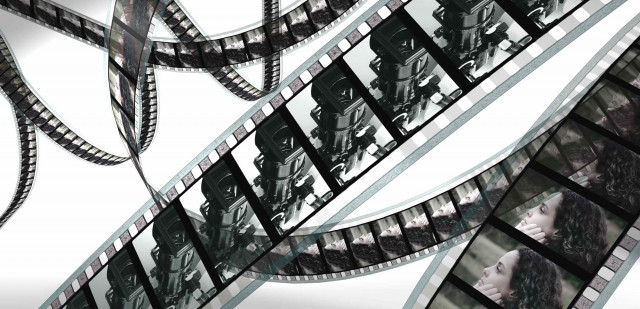Virtual rights: ‘Access to internet needs to be expanded, not limited’
Documentary on internet censorship in Pakistan launched.

Documentary on internet censorship in Pakistan launched. PHOTO:FILE
“The State should not determine what people can or cannot watch”, an internet freedom activist Sana Saleem said on Tuesday. She said this was something people should determine themselves.
Saleem was speaking to The Express Tribune at the premier of her organisation Bolo Bhi’s documentary Pakistan’s Internet BANwagon.
The 18-minute documentary was launched on the internet on February 22 (Saturday). It featured interviews with politicians Bushra Gohar, Shireen Mazari, Mushahid Hussain Syed, IT experts including Saleem Ansari, Jehan Ara, Khurram Zafar, the convenor of the Internet Service Providers Association of Pakistan (ISPAK) Wahaj us Siraj, lawyer Babar Sattar, and entrepreneurs and artists. “Obviously the documentary presents a selective narrative on the issue…perhaps not the mainstream. But it also highlights legal and technical aspects of the issue”, she said.
Saleem said the documentary aimed to understand how a website was blocked by ISPs, where the directives were issued from and above all how that decision was made. “The aim of the documentary was to put everything on the record, in a situation where there is no clear understanding of internet censorship”.
According to Bolo Bhi’s research, the first reported incident in Pakistan of website blocking was in 2006. YouTube was banned by the PTA in 2008 due to the Dutch film Fitna. Similar episodes took place in 2010 and later in 2012, after which the website remained blocked. Saleem said she thought the entire issue was ‘muddied’ in the absence of adequate government processes. She stressed the need for policy makers to develop a mechanism to address such issues, particularly involving third parties.
Bolo Bhi proposes self regulation as a way out. Saleem said ISPs should offer filters to help people regulate the content they will access. “While self regulation may not be the perfect solution, it is better than blanket bans”, proposed Saleem. Saleem is the co-founder of Bolo Bhi, which says it focuses on gender rights, internet privacy and freedom. She said the organization started its operations in 2012, and had been in dialogue with the government and others involved in the IT sector over the past year to understand the dynamics of internet censorship.
The documentary was screened at The Knowledge Factory. The team at Bolo Bhi said they hoped to screen it in Islamabad and Karachi in the coming days.
Published in The Express Tribune, February 27th, 2014.


















COMMENTS
Comments are moderated and generally will be posted if they are on-topic and not abusive.
For more information, please see our Comments FAQ